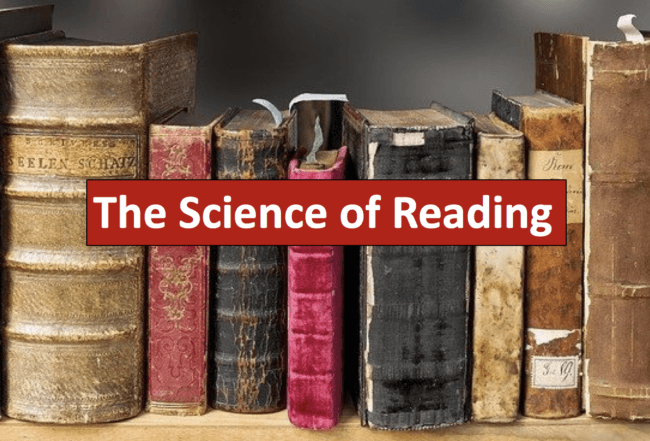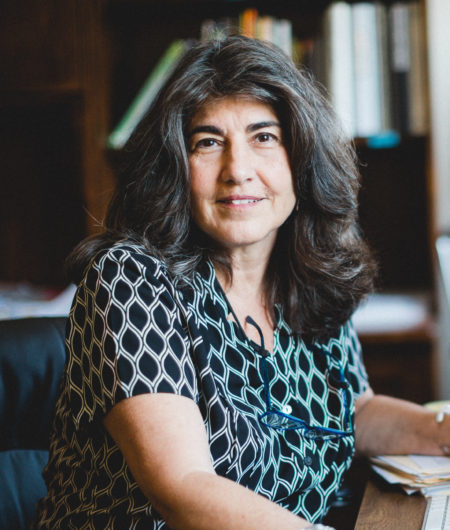Science of Reading in the News

A few months ago I wrote a post titled “We need to pay attention to the science of reading!” where I provided links to a couple of Emily Hanford’s American Public media pieces. The first, from September of 2019 (Hard Words), started a national conversation about the need to base choices about reading instruction on what we have learned from research. The release of the NAEP assessment (National Assessment of Education Progress), showing a drop in average reading scores, fueled the discussion. This conversation is long overdue.
Unlike other professions, educational decisions are too often made based on personal experience and beliefs, on recommendations of large publishing companies seeking to promote their products, or colleges of education that leave decisions about the content of course syllabi up to individual professors who teach what they believe rather than what current research indicates. Many teachers leave college without the background knowledge they need to effectively teach literacy skills. The problem is compounded because our profession has no guidelines for the kind of continuing education teachers need in order to stay current about effective practices. There’s a reason why a recently started Facebook group titled “Science of Reading — What I Should Have Learned in College” has over 7000 members and is growing weekly: teachers are searching for information about how to do right by the students they teach, especially the ones who struggle to read and learn.
As the number of articles, podcasts and blog posts related to the science of reading grows, I’ve been updating a list I started for our Keys to Literacy trainers to share. We have been getting so many requests about the list, that I decided to make it the focus of this post. Click here to access the list. Because more helpful pieces seem to appear each week, I will attempt to update this post by replacing the link to the list as it grows. Please feel free to share links to this post or the list!

 Joan Sedita is the founder of Keys to Literacy and author of the Keys to Literacy professional development programs. She is an experienced educator, nationally recognized speaker and teacher trainer. She has worked for over 35 years in the literacy education field and has presented to thousands of teachers and related professionals at schools, colleges, clinics, and professional conferences.
Joan Sedita is the founder of Keys to Literacy and author of the Keys to Literacy professional development programs. She is an experienced educator, nationally recognized speaker and teacher trainer. She has worked for over 35 years in the literacy education field and has presented to thousands of teachers and related professionals at schools, colleges, clinics, and professional conferences.
The science of reading is as follows:
1. (1/3) Structured Language Instructuon
2. (1/3) Guided instruction in integrating language with challenging texts (decoding)
3. (1/3) Volume of Strategic, Knowledge building, Language Experiences
Jeff, A few comments to your list: First, Teaching decoding is best done using explicit instruction of the alphabetic code and orthographic mapping to sounds, and then practice reading those phonics patterns in decodable text, not challenging texts. Challenging text is best used to develop vocabulary, critical thinking through discussion, and close reading instruction. And to your last bullet, I would add explicit instruction of comprehension strategies!
Thank you for this list and for yesterday’s webinar! It was nice to focus on something other than Google during this time!!!! So thankful for the FB group as well!!!! SO many awesome posts and information on there!